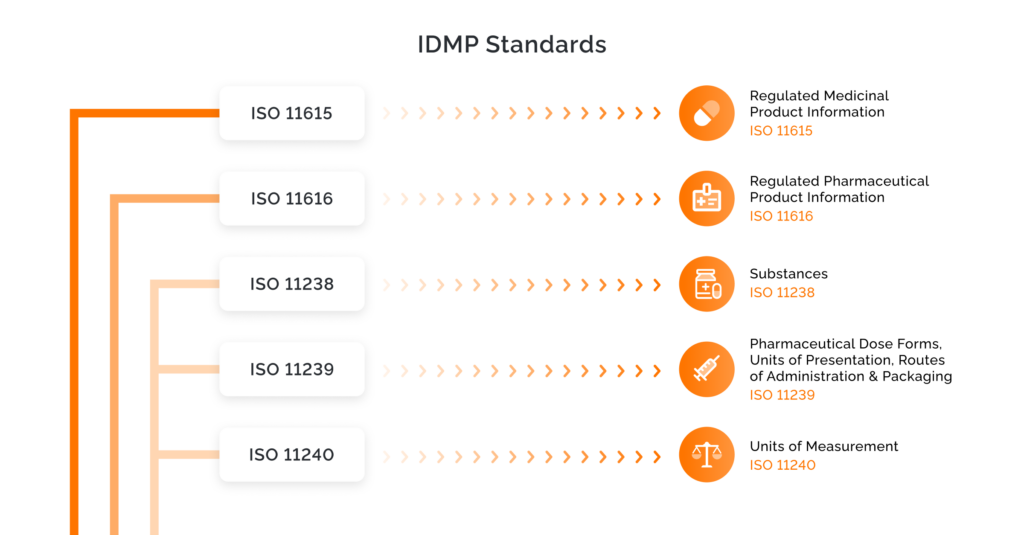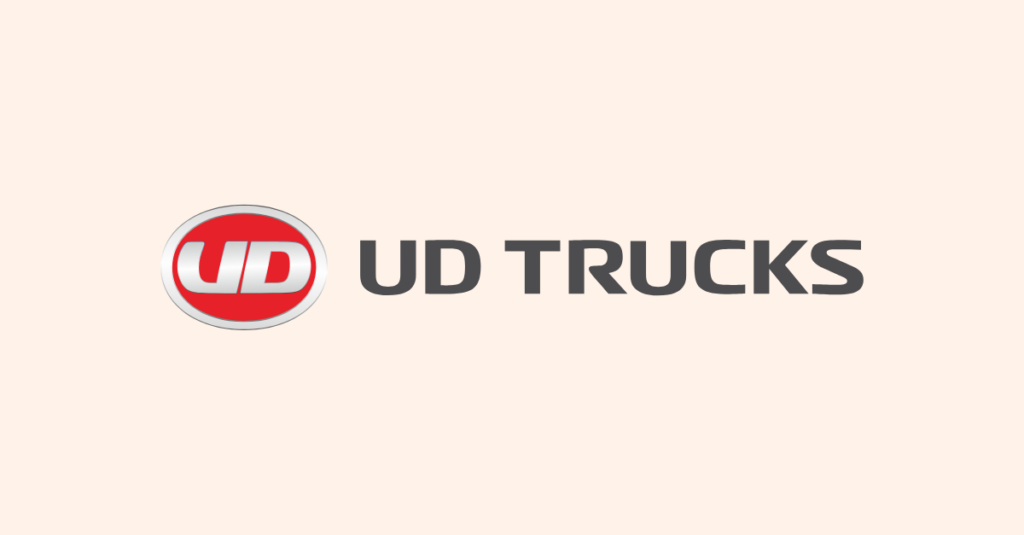Picture this: A mid-sized pharmaceutical company is preparing to launch a new medication across several international markets. It must align its product data with the stringent IDMP standards set by the European Medicines Agency. But the company’s data is scattered across different systems and has several inconsistencies. How do they solve this?
Enter master data management! This blog will explore how MDM is a strategic enabler for IDMP compliance and operational excellence in the life sciences industry.
Topics that will be covered:
- What is IDMP compliance & why it is important?
- Challenges associated with IDMP implementation
- How an MDM framework supports IDMP compliance
- Benefits of using modern solutions like Informatica’s P360
What is IDMP?
The Identification of Medicinal Products (IDMP) is a set of international standards established by the International Organization for Standardization (ISO) to facilitate the unique identification and consistent description of medicinal products on a global scale.
FDA defines IDMP as “a suite of five standards developed within the International Organization for Standardization to provide an international framework to uniquely identify and describe medicinal products with consistent documentation and terminologies, as well to ensure the of exchange product information between global regulators, manufacturers, suppliers and distributors.”
Here’s a quick breakdown of the five ISO IDMP standards:
- ISO 11615: Defines a structured approach for capturing information about regulated medicinal products.
- ISO 11616: Establishes a framework for describing regulated pharmaceutical products.
- ISO 11238: Provides a standardized way to represent information about substances used in medicinal products.
- ISO 11239: Creates a uniform system for identifying dosage forms, administration routes, packaging, and other presentation details.
- ISO 11240: Outlines consistent rules for using units of measurement in the context of medicinal products.

Here are key reasons why your organization must prioritize this compliance:
- IDMP enables enhanced patient safety. By establishing a standardized approach to product data, it allows for more efficient and accurate pharmacovigilance practices. There’s quicker identification and tracking of potential adverse drug reactions.
- When there’s a common language for product information, drug registration and approval processes are simplified across different countries. It helps you eliminate redundancies and saves your valuable time and resources when navigating international regulatory challenges.
- IDMP compliance requires you to ensure that the information you capture about your medicinal products is accurate, complete, and consistent. This creates a trusted source of truth for clinical settings, research initiatives, and regulatory evaluations. The high-quality data enables you to make informed choices that ultimately drive optimized patient outcomes.
- IDMP standards also enable improved collaboration across the pharmaceutical ecosystem. There’s a common data platform for everyone involved in the lifecycle of a medicinal product – regulators, manufacturers, distributors, and healthcare providers.
- When you embrace IDMP, you demonstrate your organization's commitment to international regulatory standards and data transparency. This helps build trust with regulatory bodies.
Do you have a complete view of your product data? - The data challenge associated with IDMP compliance
New regulations like IDMP emphasize the importance of clearer communication and data exchange in the pharmaceutical industry. It promotes transparent and consistent data formats and addresses the global need for high-quality information that can be easily shared across borders.
Outcomes – Improved patient safety, better detection of counterfeit drugs, and smoother implementation of electronic prescriptions. But to achieve this, companies must have a firm grasp of their product data. Regulatory bodies need to be informed whenever there are changes to a product, whether it’s a new manufacturing site, an adjustment on the assembly line, or an update to the label due to a drug interaction.
Usually, the information needed to track and report these changes efficiently is scattered across various systems. As per research, around 48% of senior leaders in drug development and manufacturing companies reported that data silos hinder effective teamwork across different departments within their organizations.
A 2023 report states that over two-thirds of pharmaceutical companies identified data compartmentalization as a significant issue impacting their ability to operate efficiently and capitalize on opportunities. These systems often use different languages/terminologies to manage, search for, and share product data. This creates silos and makes it difficult to connect the data effectively.
- Data gets entered multiple times in different systems with different vocabularies.
- Manual verification across systems is needed, leading to duplication of effort.
- Information cannot be easily linked and reported across systems.
- Communication between departments is slowed down or becomes unclear.
MDM: Your Key to Achieving IDMP Compliance Successfully
Gartner defines master data management as a technology-enabled discipline in which business and IT work together to ensure the uniformity, accuracy, stewardship, semantic consistency and accountability of the enterprise’s official shared master data assets. Master data is the consistent and uniform set of identifiers and extended attributes that describes the core entities of the enterprise including customers, prospects, citizens, suppliers, sites, hierarchies, and chart of accounts.”
The MDM market is predicted to grow USD 34.5 billion by 2027, at a compound annual growth rate of 15.7%. In the life sciences industry, master data management is specifically applied to critical data related to healthcare products, research, and processes. It provides a structured approach to managing and integrating product data and plays a pivotal role in IDMP implementation.
Let’s look at some of the common challenges that MDM solves for life sciences organizations. We’ll also go over the best benefits that are gained.
1. Unified, Standardized Data Repository
Did you know that three out of four companies face collaboration issues due to scattered information? Over 40% organizations have experienced an increase in data silos. Have you ever felt like you’re working in information silos? A solid MDM framework can solve it all.
Here’s an example to help you gain a better understanding. Let’s say you are a global pharmaceutical company with offices worldwide. The data on your medications is scattered across different departments and systems. Each department/system uses its own language, terminology, and format.
The regulatory team in Europe uses a completely different system than the R&D team in the US. This makes it incredibly difficult to ensure all your product information is consistent and accurate. Here comes MDM! It acts like a central hub and brings all your product data together from various systems and locations. All the information is translated into a single, unified language. This reduces errors and inconsistencies in your product data.
2. High-Data Quality
Your product labels need to comply with the latest IDMP requirements. A Deloitte Survey states that only 47% compliance leaders agreed that their company acts proactively at implementing regulatory change. Data errors, missing information, and outdated records lead to compliance issues.
MDM systems incorporate data governance policies and validation rules that enforce data quality standards. They automate data validation processes and ensure that all product information complies with IDMP requirements before it is submitted to regulatory authorities.
3. Streamlined Data Integration & Exchange
When you are a global pharma company, you have a network of partners, suppliers, and regulatory bodies across different regions. Coordinating data exchange with these stakeholders gets challenging due to varying data formats and standards. This lack of a unified data exchange mechanism slows down product approval processes and complicates cross-border regulatory submissions.
Modern MDM systems facilitate seamless data integration and exchange by supporting industry standards such as IDMP. They provide APIs and data exchange frameworks that enable smooth data flow between different systems and external partners. Informatica MDM is a leading end-to-end MDM solution that is easy to deploy and designed to meet global adoption of IDMP requirements.
4. Data Consistency Across Product Lifecycle
When you develop a new medication, you might face challenges in keeping product data consistent across its lifecycle. Changes in formulation, packaging, and regulatory requirements frequently occur, and manually updating and tracking these changes is error prone. This might, in turn, threaten the accuracy of regulatory filings and product labeling.
MDM systems provide a centralized platform to manage the entire product lifecycle – from development to commercialization. They enable real-time updates and version control and ensure that all changes in product information are accurately recorded and communicated across the organization.
5. Effective Management of Complex Data Relationships
Let’s say you are developing a new drug. The product data includes intricate relationships between different entities. Now, keeping track of these relationships manually is difficult, especially when regulatory submissions require precise and comprehensive data. Modern MDM systems are designed to manage complex data relationships efficiently and provide tools to define and maintain the relationships between various product entities.
You can clearly show how a specific active ingredient interacts with different formulations and how those formulations connect to various packaging options. Whenever you make changes to one part of the data, MDM automatically updates all the connected information. Example: Adjusting the dosage in a formulation.
Use Informatica MDM for Product Data Management – LumenData Can Help
Informatica is a recognized leader in the field of enterprise cloud data management. Informatica’s Product 360 empowers life sciences and pharma organizations to master product data effectively. The solution consolidates a unified view of all internal and competitor products and enables you to generate actionable insights.
It helps you create a hierarchical structure that maps individual products to their broader therapeutic area. Product 360 intelligently captures the relationships between different levels within this hierarchy and provides you with a holistic understanding of product interdependencies.
One of the best things about Informatica is that it facilitates a collaborative environment for product data management by eliminating silos and outdated processes. A unified data approach enables stakeholders within and outside the organization to leverage a single source of truth for product information. Product grouping and market basket features further build trust and confidence in the data.
Informatica accelerates your journey towards high-quality data. It offers a robust toolkit that enables you to gain a comprehensive understanding of your data through profiling capabilities. Product 360 tackles inconsistencies and inaccuracies with built-in cleansing routines. It ensures that your data adheres to established standards through pre-defined governance frameworks.
Want to implement Informatica for your organization?
LumenData can help. As a trusted Enterprise Platinum Partner with Informatica, we have extensive experience in driving tangible outcomes for mutual customers. We are the #1 provider of Informatica’s SaaS MDM implementation services and know how to drive up IPUs with integration to Snowflake, Databricks, and more. Our team has developed a comprehensive range of Accelerators and QuickStart programs that enable you to go live in just 8-12 weeks.
Reference Links:
Authors

Shalu Santvana
Content Crafter

Mohd Imran
Senior Consultant



